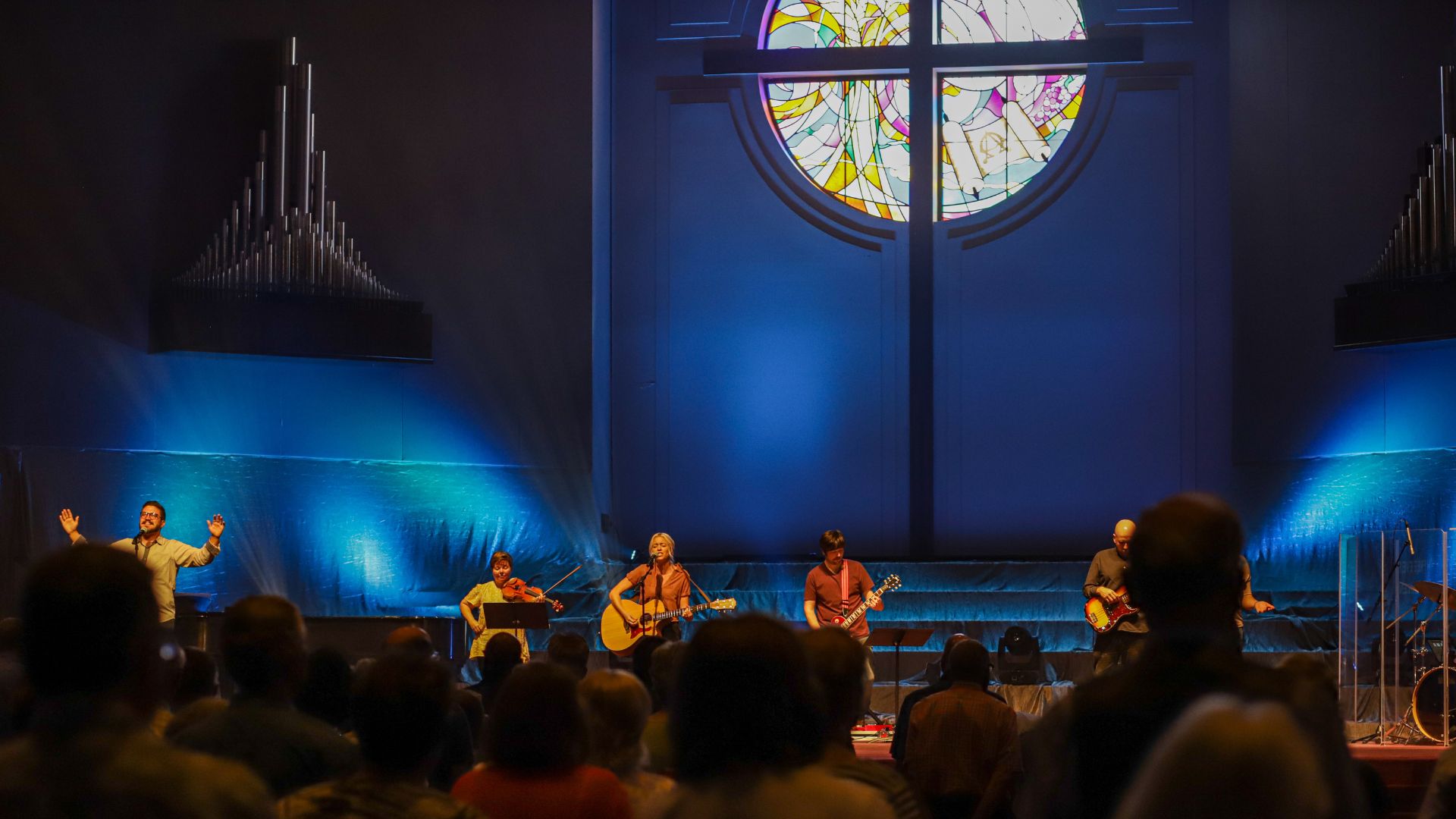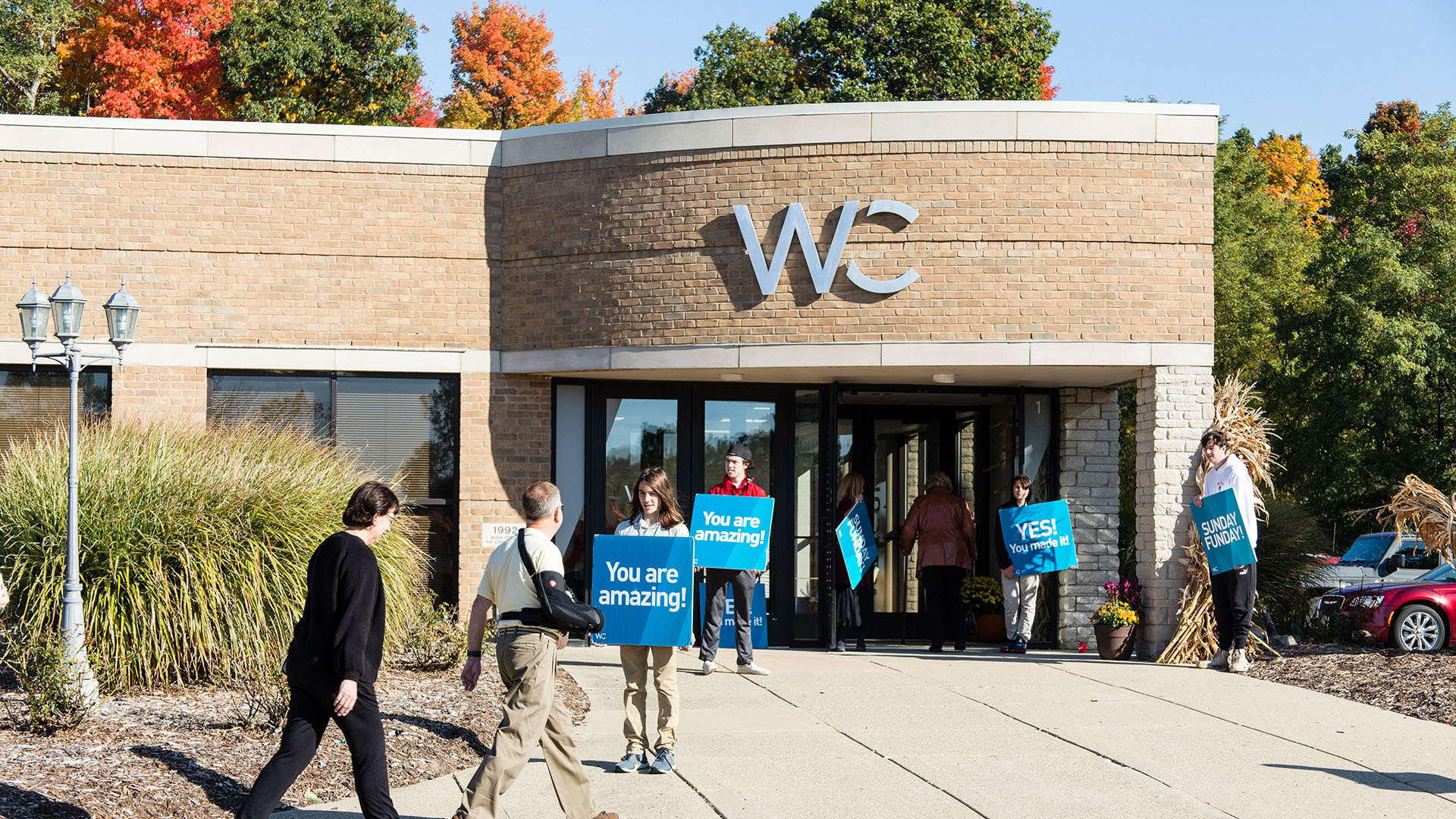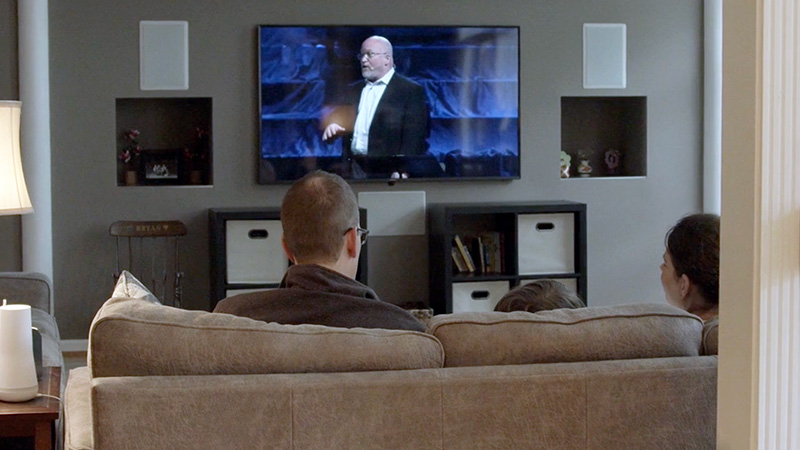
[vc_row type=”in_container” scene_position=”center” text_color=”dark” text_align=”left” overlay_strength=”0.3″][vc_column column_padding=”no-extra-padding” column_padding_position=”all” background_color_opacity=”1″ background_hover_color_opacity=”1″ width=”1/1″][vc_column_text] By Scott McKee
By Scott McKee
It seems like everybody is deconstructing something. That is not a bad thing. Deconstruction precedes reconstruction, which, when done in healthy ways, leads to stronger foundations and more faithful structures.
What is deconstruction?
Deconstructionism originated in literary theory. It is used to deconstruct literary works and reassemble them with meaning drawn from the culture and experiences of the reader. Deconstruction includes taking apart and examining ideas to uncover flaws or inconsistencies
What is Christian deconstruction?
Christian deconstruction, then, mean to take apart, to examine, to uncover flaws and inconsistencies in the faith that I hold, in the Christian subculture of which I am a part, and in the church to which I belong. In the Christianity Today cover story, “You’re Not Deconstructing?” Kristen Sanders defines deconstruction as “the struggle to correct or deepen naïve belief.” So, this can be a really good thing! Sanders says that deconstruction “might just renew your love for good theology.”
Two Approaches
Two different approaches are commonly used in Christian Deconstruction.
- Using Scripture to Critique the Church
This is essentially what Jesus did in the Sermon on the Mount. He would repeatedly say, “You have heard it said, but I say….” In other words, “The things you have heard and done aren’t based on the scriptures; they are based on tradition. Some of them are, in fact, incompatible with the scriptures. Let’s get back to God’s intent for human life as laid out in the Bible.” In this way, Jesus was the great First Century deconstructionist.
This approach was used by Martin Luther and other reformers did in the 16th Century. They challenged the church with the scriptures. When done well, this leads to reformation. When done well, this leads to healthier more robust faith and healthier more robust church.
- Using Culture to Critique the Scripture
Another form of deconstruction says that meaning is open to interpretation by the reader and their context. Literary deconstruction says meaning can change as culture changes. Author’s intent is less important. This leaves tremendous room for interpreting Scriptures based on the world’s culture.
People come with prior moral assumptions and the church doesn’t line up, or the Bible doesn’t line up, and culture is used to deconstruct. This form of deconstruction is much more subjective, and, I think, more dangerous.
If you are deconstructing, it might be helpful to ask yourself which approach you are using or maybe you are using a combination.
Another distinction we should make is between deconstruction and deconversion. Some people are rethinking themselves right out of faith altogether. They no longer believe in God. But most of the people I’ve talked to said they still believed in God and in Jesus, they just could no longer believe in the church.
Our church recently conducted a survey of people who identified as “Done with Church.” The survey asked, “Does being done with church mean you are done with God?” Ninety percent of respondents said no.
The distinction between deconstruction and deconversion can be described this way:
- Christian Deconstruction: Careful examination of one’s beliefs to reveal areas of faith and function that are unlike Christ
- Christian Deconversion: Removal from and rejection of Christianity.
Is it possible to deconstruct without deconverting? Yes. In fact, using these definitions, every Christian ought to be deconstructing at some level. We each as individuals have “areas of faith and function that are unlike Christ.” Every church has areas of faith and function that are unlike Christ. In this sense, a call for deconstruction is effectively a call for reformation.
Warnings in Deconstruction
I encourage those of you who are rethinking or deconstructing the Church or Christian belief to ask yourself some honest and clarifying questions about your starting place.
- Discerning Motives: Are my questions a smokescreen for something else?
Our church has a stated value that we welcome and respect honest skepticism. But sometimes people aren’t completely honest. They throw out, “I don’t go to church because…hypocrisy,” or “I don’t go to church because…science,” or “I don’t go to church because…(fill in the blank).” But when you dig a little, you discover that this person hasn’t really given it any thought and they aren’t open to giving it any thought. The “reason” they offer is more of smokescreen to cover something else. Maybe they are avoiding God. Maybe they are avoiding accountability. Maybe they simply don’t want to think about it. Their reason is just an excuse.
We all make excuses. I have a lot of “reasons” I don’t go the gym. But ultimately, my reasons are just excuses. I might say I don’t go to the gym because the people at the gym are intimidating and judgmental, or because I don’t want to risk injury, or because $10 a month is a rip off, or because I care more about working on the inside rather than on superficial exterior appearance. But those are excuses to cover the fact that I just don’t want to put in the effort. Some people treat the church that way.
There is another kind of skeptic who is an honest questioner. They want that which is true, and authentic, and beautiful. If they are done with church, they say it with genuine grief. The folks we talked to fall mostly into this second category.
If you are deconstructing, do an honest motive check. Is the issue I say I am concerned about really the issue, or is it a smokescreen for something else?
- Distrust in Institutions: Have I lumped the church in with my overall distrust of all things large and established?
The decline of trust in the church parallels an across-the-board decline of trust in institutions of all kinds. There is a growing mistrust in the church, in the government, and in big business. This is fueling a rise in entrepreneurism. Young people who don’t want to join big corporations are starting their own small businesses. Rather than be a part of large bureaucratic non-profit, they are starting their own non-profits. That is a good thing. But eventually, it could lead to a new set of problems. When everyone has their own non-profit, we could lose some of the synergy of working together on something big. And, of course, some day your new business will be an established business, and your new church will be an established church.
Ask yourself, is my distrust of all institutions unfairly affecting my view of the church? People who are done with church are sometimes careful to say, “I am done with the institutional church.” It is not the people or the movement, but the institution. They say, “I am done with the organized church,” and I say, “Well I have good news. We are very unorganized. If you could see behind the scenes, you wouldn’t believe it.”
- Discipled by Cable News: Are my sources of information too narrow?
Cultural observers have written about how in recent years the thoughts of Americans have been shaped more by cable news, and less by their church or religion. Your ideas and values have been formed largely by Fox News or similar on right, or CNN or similar on the left.
When it comes to deconstruction, you are going to want to expand your resources.
I have a sister who has lots of negative stereotypes of the church that she has gotten largely from television. She is very impressed when she sees the things our church does to serve the poor locally and globally. She has commented how she admires the way Angie and I live, but she can’t reconcile that with what she hears on the news about “the Christian right.”
Friends, when you see things on television or on the internet about what evangelicals believe and how evangelicals vote and what evangelicals do, don’t believe them. The station you watch, whatever it is, is biased. Ask yourself, are my sources too narrow?
- Dismissing All or Nothing: Why can I no longer tolerate any disagreement?
People right now are less tolerant of other viewpoints. You might find yourself distancing yourself from a friend who shares the same faith, but not the same politics, or maybe shares most of your theology, but not all of your theology, or who shares most of your political views, but not all your political views. It is all or nothing.
It hasn’t always been this way. You haven’t always been this way. You did not think this way five years ago. Something has happened in the American psyche that has made us especially dismissive right now.
Our church has adopted a motto from church history that says, “In essentials, unity. In non-essentials, liberty. In all things, charity.” That has worked really well for a hundred years. It is not working right now. Because right now everything feels like an essential.
When everything is an essential, churches and families will continue to fracture and divide. Churches used to include people with different viewpoints and opinions. True Christian community means loving people with whom you do not see eye to eye.
I think the current dismissive culture will likely dissipate at some point. Right now we all a little on edge. But ask yourself, “Why can I no longer tolerate any disagreement? Why do I need full agreement on everything?”
Let’s be honest. There is a lot about American Christianity that needs to be deconstructed. Let’s do it honestly and thoughtfully. I pray for the kind of deconstruction that brings reformation, purity, and faithfulness.[/vc_column_text][/vc_column][/vc_row][vc_row type=”in_container” scene_position=”center” text_color=”dark” text_align=”left” overlay_strength=”0.3″][vc_column column_padding=”no-extra-padding” column_padding_position=”all” background_color_opacity=”1″ background_hover_color_opacity=”1″ width=”1/1″][vc_column_text]
Watch the week 1 sermon of “DONE with CHURCH”
[/vc_column_text][vc_video link=”https://youtu.be/0S65N0yZsSE”][/vc_column][/vc_row]





